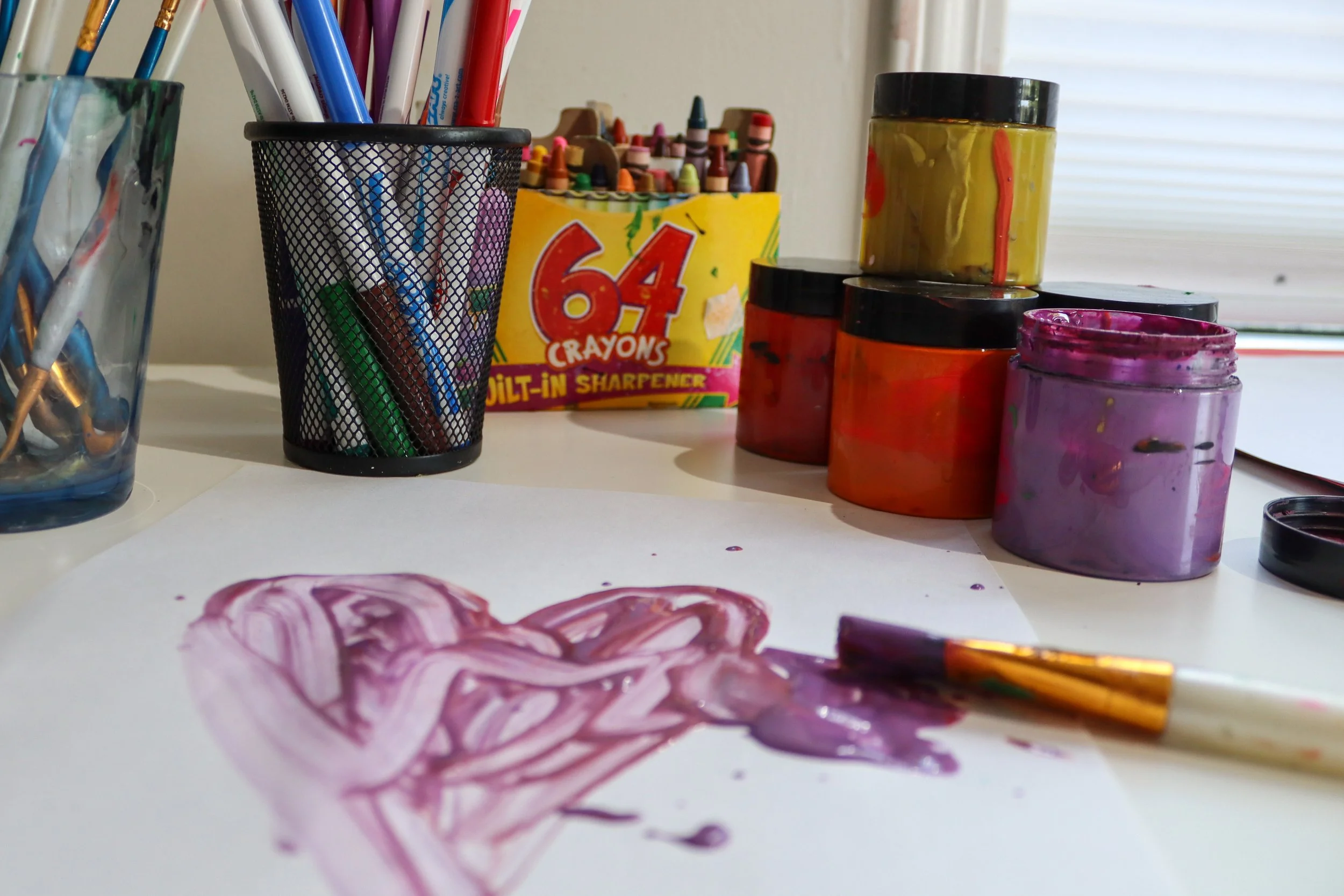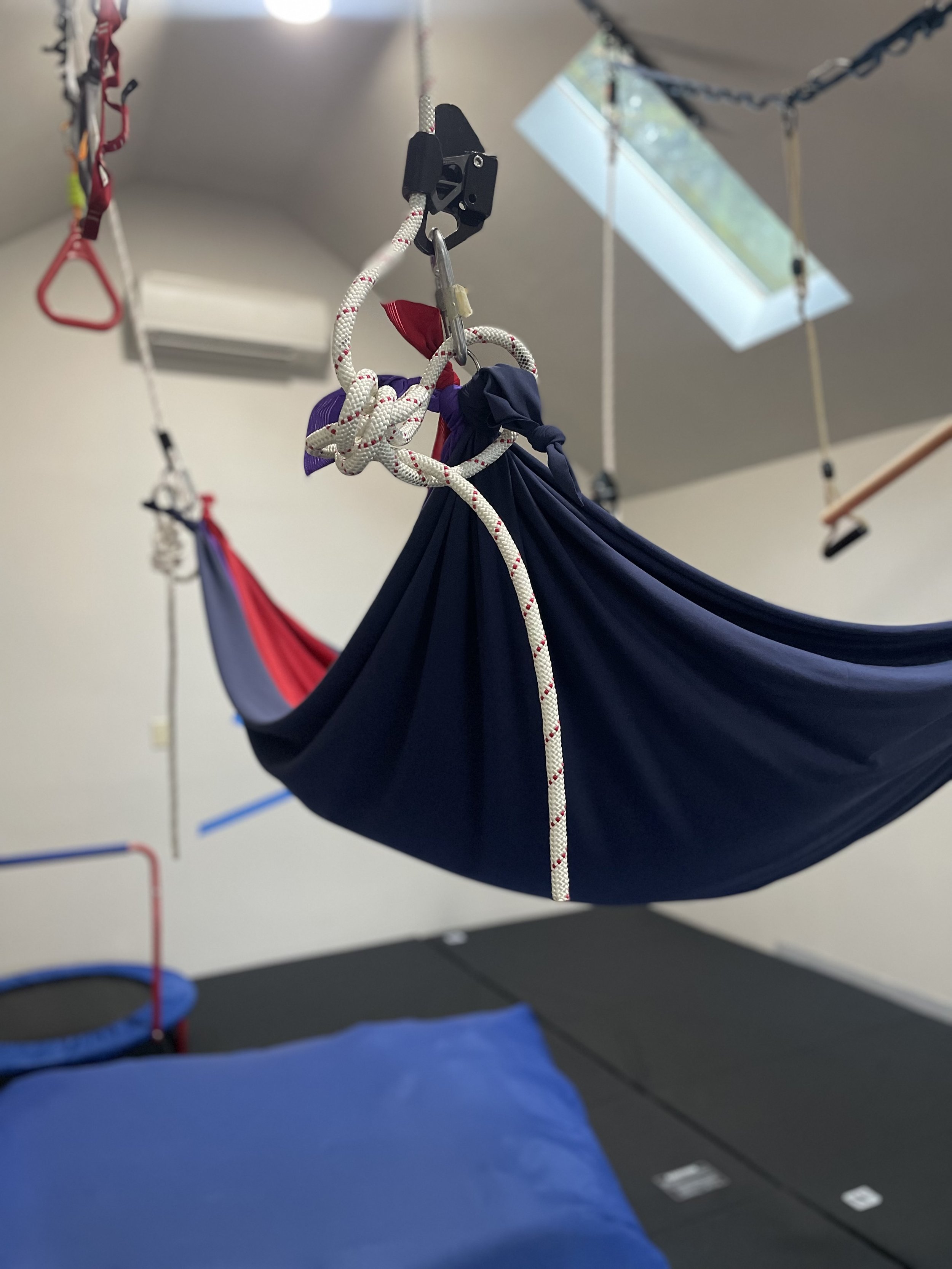
OT at The Real Work
What is Occupational Therapy for Kids?
Parents often wonder if their child’s struggles are “just a phase” or a sign that extra support could help. Pediatric occupational therapy (OT) is designed to support children who are facing challenges with sensory processing, emotional regulation, attention, motor skills, and daily routines.
At The Real Work, our pediatric occupational therapists use play-based, sensory-rich activities to help children grow in confidence and capability. We also involve parents every step of the way, so the strategies don’t just work in the therapy room, but at home, school, and beyond.
👉 If daily life feels harder than it should for your child, pediatric occupational therapy can help them gain the skills they need to thrive.
When Should I Choose Occupational Therapy for My Child?
-
Struggles with sensory processing (overreacts to noise, touch, movement, or seems “under-responsive”)
Has trouble with self-regulation (big emotions, frequent meltdowns, difficulty calming down)
Finds everyday tasks challenging (dressing, brushing teeth, handwriting, using utensils)
Seems clumsy or uncoordinated (trips, bumps, avoids playground or sports)
Has difficulty focusing or managing attention in school
Experiences anxiety or frustration when facing new activities or transitions
👉 If daily life feels like a struggle for your child, OT can help transform those hard moments into opportunities for growth and success.
Here is what we consider when assessing whether Occupational Therapy would be a good support for a child. We ask if the child:
Has sensory processing difficulties: overreacts to sounds, textures, clothing, or movement, or seems under-responsive and constantly seeking stimulation.
Experiences emotional regulation struggles: Frequent meltdowns, trouble calming down, or difficulty managing big feelings.
Struggles with attention and focus: difficulty staying on task at school, restlessness, or trouble following directions.
Has fine or gross motor challenges: trouble with handwriting, using scissors, dressing, eating with utensils, climbing, or playground activities.
Shows coordination or balance issues: often trips, bumps into things, or avoids physical play.
Struggles with transitions or daily tasks: anxiety, frustration, or avoidance when routines shift.
Has a diagnosis of autism, ADHD, or sensory processing disorder and needs extra support for independence and confidence.
-
“We were dealing with daily rigidity, anger, and destructive outbursts. The support we received helped us understand our child in a deeper way and respond with more clarity and calm.”
Nature-Based OT Participant
-
“Our whole family learned to express emotions with more empathy and less reactivity.”
Individual OT Participant
-
“For the first time, we understood our child’s patterns and felt equipped to support them.”
Individual OT Participant
How Pediatric Occupational Therapy Helps:
Boosts Independence: Helps kids master daily activities like dressing and feeding, falling asleep, teeth brushing, and getting ready for the day.
Improves Motor Skills: Enhances fine and gross motor abilities for better coordination.
Enhances Sensory Processing: Assists children in managing sensory input effectively.
Improves Social/Emotional Confidence




